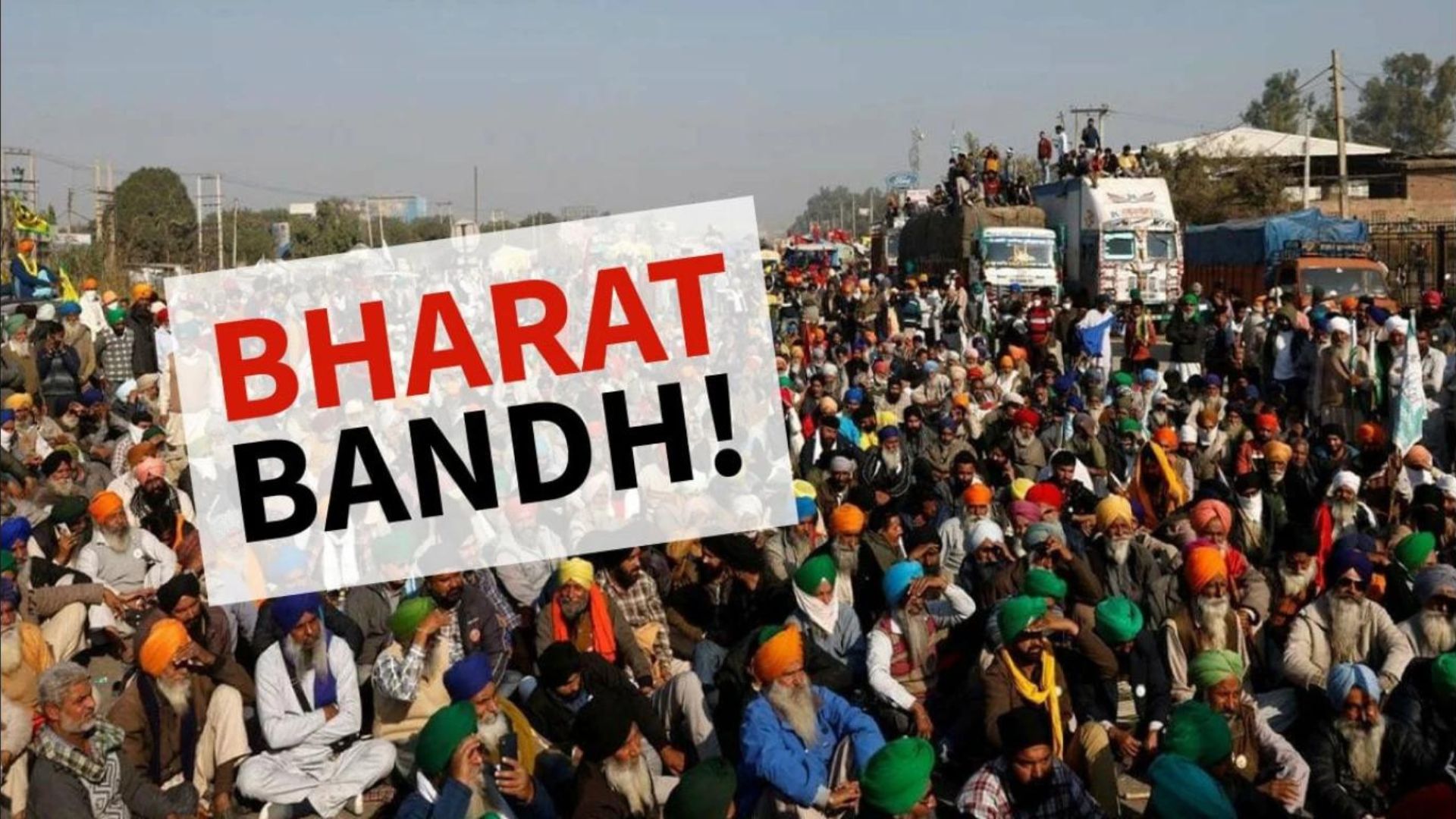Rahul Gandhi: Leadership, Legacy,
and Political Impact in India
Rahul
Gandhi: A Profile of the Indian Political Leader
Explore the life and career of Rahul Gandhi, his role in Indian politics,
the legacy of the Nehru-Gandhi family, and his impact as a leader of the Indian
National Congress.
Rahul Gandhi, Indian National Congress, Nehru-Gandhi family,
Amethi MP, Congress President, Lok Sabha debates, political leadership in
India,
Early Life and Background
Birth and Family:
- Full Name: Rahul Rajiv
Gandhi - Born: June 19, 1970
- Family Legacy: Rahul Gandhi
hails from the prominent Nehru-Gandhi family, one of India’s most
influential political families. He is the son of Rajiv Gandhi, former
Prime Minister of India, and Sonia Gandhi, former President of the Indian
National Congress. His grandmother, Indira Gandhi, and great-grandfather,
Jawaharlal Nehru, both served as Prime Ministers of India.
Education:
- Early Education: Attended St.
Columba’s School in Delhi and The Doon School in Dehradun. - Higher Education: Studied at
Harvard University and later transferred to Rollins College in Florida,
where he completed his bachelor’s degree. He also earned an M.Phil. from
Trinity College, Cambridge.
Political Career
Entry into Politics:
- Initial Foray: Rahul Gandhi
entered active politics in 2004 by contesting the Lok Sabha elections from
the Amethi constituency in Uttar Pradesh, a seat held by his father.
Roles and Responsibilities:
- Member of
Parliament (MP): Elected as an MP from Amethi multiple times and
later from Wayanad, Kerala. - Congress
Leadership:
Held various leadership roles within the Indian National Congress,
including General Secretary and Vice President. He became the President of
the Congress Party in 2017 but stepped down in 2019 following the party’s
poor performance in the general elections.
- Political Views and Initiatives
Youth Empowerment:
- Indian Youth
Congress (IYC): Focused on revitalizing the youth wing of the
Congress, aiming to bring in fresh faces and ideas.
Policy Advocacy:
- Economic Reforms: Advocated for
inclusive economic growth and policies that support the poor and
marginalized. - Social Justice: Emphasized the
importance of social justice, women’s empowerment, and rights of
minorities.
Controversies and Criticisms:
- Performance
Critiques:
Faced criticism for the Congress Party’s electoral defeats and has been a
target of political opponents who question his leadership and strategic
acumen. - Public
Perception:
Despite criticisms, he remains a significant figure in Indian politics due
to his lineage and efforts to modernize the Congress Party.
Rahul Gandhi’s Fiery Lok Sabha Speech: Key Issues
Raised Against BJP
Parliamentary Debates:
- Known for his
fiery speeches and direct confrontations with political opponents, such as
the recent Lok Sabha debate where he challenged Prime Minister Modi and
the BJP on various issues.
Social Campaigns:
- Actively
involved in campaigns addressing farmers’ rights, unemployment, and the
NEET exam controversy, advocating for systemic reforms.
International Relations:
- Engaged in
diplomatic efforts and international relations, representing India at
various global forums.
Legacy and Future Prospects
Continuing the Gandhi Legacy:
- Rahul Gandhi’s
role in Indian politics is often viewed through the lens of his family’s
legacy. His efforts to redefine the Congress Party and adapt to
contemporary political challenges are ongoing.
Prospective Leadership:
- While his
leadership has faced ups and downs, he continues to be a pivotal figure
within the Congress Party and Indian politics, with the potential to shape
future political narratives.
Public Engagement:
- Remains active
on social media and public platforms, engaging with citizens and
addressing national issues, aiming to connect with the younger demographic
and grassroots supporters.
Rahul
Gandhi’s journey in politics is marked by his efforts to uphold democratic
values, social justice, and economic inclusivity, amidst the challenges of
leading a historic political party in contemporary India.
Stands Up: First Debate in 10 Years
- Historical Moment:
Prime Minister Narendra Modi, who had not participated in a debate for a
decade, was compelled to stand up and respond to Rahul Gandhi’s speech. - Senior Ministers’ Reactions: Nine senior ministers, including Amit Shah,
repeatedly interrupted, showing evident tension.
Rahul Gandhi’s Bold Address as Leader of the Opposition
Introduction to the
Debate:
- Rahul Gandhi, speaking as the Leader of the Opposition
for the first time, delivered a powerful 100-minute speech during the
debate on the motion of thanks to the President’s address. - He began his speech with an image of Lord Shiva,
emphasizing the ideals of truth and non-violence.
Highlights from the
Speech:
- BJP’s Focus on Power:
Rahul accused the BJP of prioritizing power over truth, contrasting their
actions with the principles of Mahatma Gandhi. - Critique of Hindutva:
He criticized the BJP’s version of Hinduism, accusing them of spreading
hatred and violence, and differentiating them from the broader Hindu
community. - Constitution Under Attack: Rahul highlighted a systematic attack on the Constitution
and fundamental ideas of India by the BJP.
“Truth is mightier than power. But only power matters
to you.”
Key Issues Addressed
by Rahul Gandhi
NEET Entrance Exam:
- Described NEET as a business venture favoring the
wealthy, with numerous instances of corruption and question paper leaks.
Agnipath Scheme:
- Criticized the scheme for treating soldiers as
disposable workers and promised its cancellation if Congress comes to
power.
Farmers’ Issues:
- Accused the Modi government of viewing farmers as
terrorists and refusing to legalize minimum support prices.
Parliamentary
Proceedings:
- Exposed the systematic boycott of opposition leaders on
Sansad TV, emphasizing the biased coverage.
Speaker’s Bias:
- Questioned the Lok Sabha Speaker’s impartiality,
pointing out instances of favoritism towards Prime Minister Modi.
“Shiva symbolizes
fearlessness and non-violence.”
Heated Responses and Interruptions
- Prime Minister Modi’s Reaction: Modi interrupted Rahul’s speech, defending the Hindu
community and labeling Rahul’s critique as a serious issue. - Amit Shah’s Demand for Apology: Shah demanded Rahul apologize for his portrayal of
Hindus. - Multiple Interruptions: Four Union Ministers continuously interrupted Rahul,
creating a heated atmosphere.
Addressing Manipur’s Crisis
- Manipur’s Civil War:
Rahul accused the BJP government of ignoring the crisis in Manipur,
alleging that their policies and politics fueled the conflict.
Modi’s Scheduled Response
- Upcoming Address:
Prime Minister Modi is set to respond to the debate at 4 PM, potentially
addressing Rahul’s criticisms.
Summary and Aftermath
- Rahul Gandhi’s Impact:
His speech left the Lok Sabha more heated than it had been in the last
decade, highlighting critical issues and challenging the BJP’s stance on
various fronts. - Protests and Clarifications: Post-speech, BJP members protested, while Priyanka
Gandhi clarified that Rahul’s remarks were directed at BJP leaders, not
Hindus.
“I am proud to join
the collective effort to protect the Constitution.”
Related Issues Highlighted by Rahul Gandhi
Systematic Boycott on TV
- Sansad TV Bias:
Rahul pointed out the exclusion of opposition leaders from the TV
broadcast, even highlighting this bias during his speech.
Questioning the Speaker’s Conduct
- Speaker’s Allegiance:
Rahul questioned why the Speaker showed a bias towards Modi, suggesting a
lack of impartiality in his role.
Implications for Future Politics
- Opposition’s Role:
Rahul emphasized the importance of the opposition in representing all
parties with love and affection, urging for fair discussions in the House. - Congress’s Stand:
He reaffirmed Congress’s commitment to upholding the Constitution and
standing against BJP’s divisive politics.
By addressing these critical issues,
Rahul Gandhi’s speech not only heated up the Lok Sabha but also underscored the
ongoing political tensions and the need for accountability and transparency in
governance.







